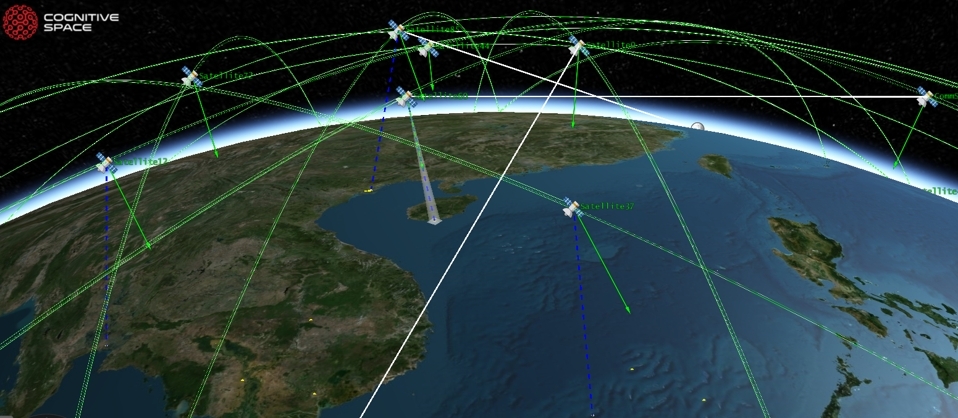
Source: https://payloadspace.com/cognitive-space-wins-two-dod-contracts/
The rise of AI has made impact in various industries such as self-driving vehicles and drones. Soon, we will see more AI applications in space. Specifically, the Department of Defense has recently awarded a grant to the Houston-based startup Cognitive Space to help develop “algorithms and hardware to make sure SDA can quickly share information in orbit on missions, including missile detection and early warning data.” The long-term vision is to automate a lot of the tasks in operating satellites and space assets.
This article reminds me of the recent lecture by a cybersecurity researcher on the importance and challenges in securing AI for space systems. The fundamental challenge resides in the blackbox nature of AI. While the outputs may be desirable (i.e. spacecrafts automatically docking with each other), the AI mechanisms of turning inputs to those outputs are often hard to decipher and understand. From a cybersecurity standpoint, it’s hard to secure something that you don’t fully understand.
Cognitive Space seems to be taking an interesting and thoughtful approach. While not explicitly stated, its current product offerings are ground-based, using AI in ground operations to predict the most efficient trajectories for constellation operators. Thus, the AI component are physically easier to control and manage. Should anything goes wrong, you can shut things down relatively easy, since the space assets don’t currently have on-board AI. This would also help develop the cybersecurity aspects of these AI systems. Once the AI models are more mature and more understood, the company can then move the AI models onto the spacecraft for further testing and development. This learning approach could potentially make mitigating cyber risks in a more transparent manner.